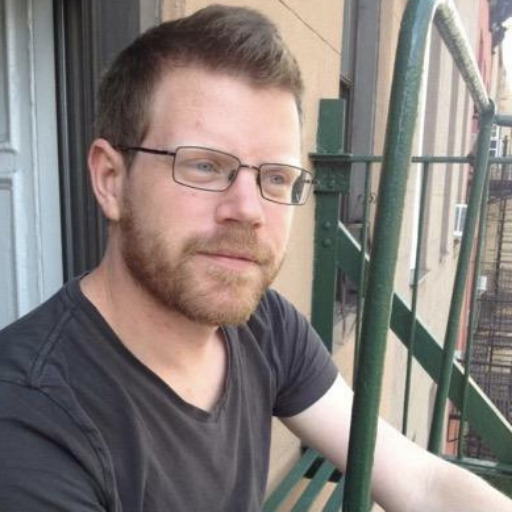We’re missing out by not researching non-English language comics

In order for a comic to be translated into English – and thus become available to a larger audience – a business interest, the right translator and luck are required. Martin Lund hopes that we can start talking more about comics in languages other than English.
Comics written in English are scrutinised and studied more than those written in any other languages. However, a new book aims to shine a light on comics and comics research from different cultures and languages and to show the world what it is missing out on.
The lack of academic scholarship was an issue that united Martin Lund, a lecturer from Malmö University, and senior lecturer Harriet E H Earle from Sheffield Hallam University. They noted that comics that are in languages other than English do not receive enough attention. Above all, that problem needs to be highlighted so comic researchers do not continue to overlook these publications. The result is a new anthology, Identity and History in Non-Anglophone Comics, which the editors hope can broaden the view of the research field.
Something that unites much of what we call comics is that they often provide striking snapshots.
Martin Lund
“There are strong traditions of comics research in parts of the world, but if you do not understand French, for example, there is not much to learn about France; we don't know much about what is happening in other places in terms of research. Hopefully, the book can be the start of a conversation,” says Lund.
Which comics are translated into English from an original language is determined by who sees a commercial opportunity, what opportunities for translation exist, and pure chance. This means that many comics will never be read by more than those who understand the language it is written in.
It is easier for people outside the English-speaking world to study and write their own analysis in English. Researchers from Sweden, Portugal, Colombia, Greece, Mexico, Poland and Belgium have contributed to the book. The value and status of comics in society can differ greatly in different parts of the world due to local histories, how the art form has developed, and in which circles they have been consumed.
“What we can see in the book is that there are similarities across geographical contexts in how comic creators conduct comic journalism on, for example, refugee issues, and how changes in cities are drawn over time. There are of course also differences but evidence that there are both similarities and differences to highlight and learn from.
“Something that unites much of what we call comics is that they often provide striking snapshots. They take a complicated world and recast it in more accessible forms. This in turn means that they make simplifications, and this is something that is discussed in the book,” says Lund.
Text: Marc Malmqvist & Adrian Grist
